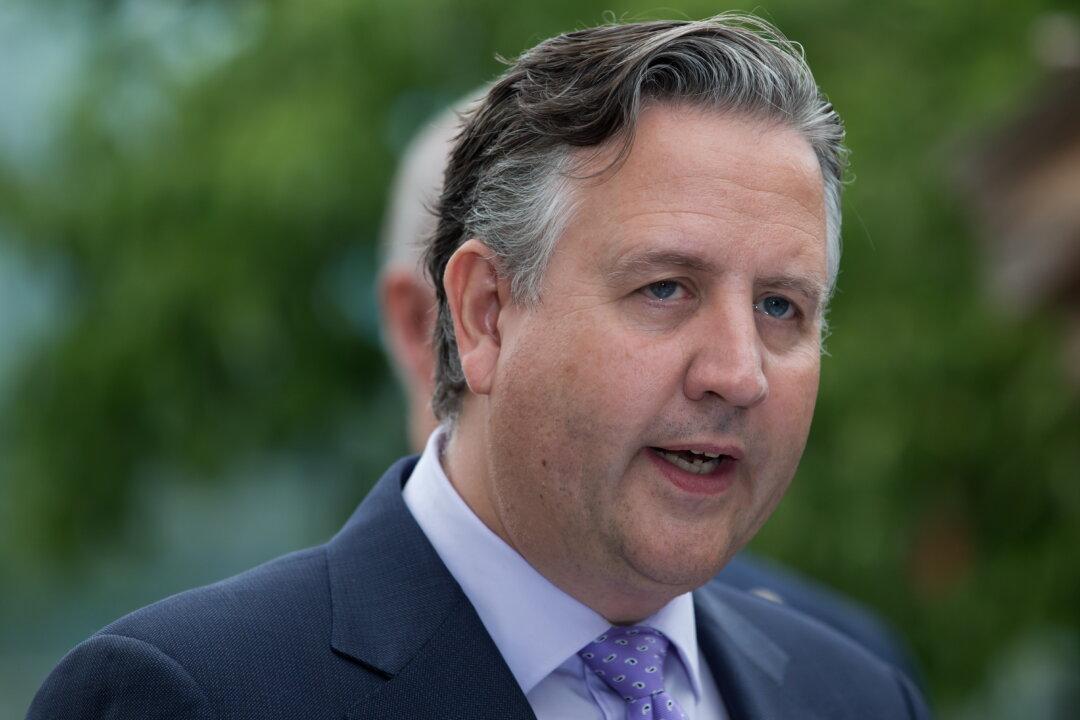News Analysis
Vancouver city council passed a motion by Mayor Kennedy Stewart seeking to decriminalize possession of small amounts of illicit drugs on Nov. 25, making the city the first Canadian jurisdiction to decriminalize simple possession.

Vancouver city council passed a motion by Mayor Kennedy Stewart seeking to decriminalize possession of small amounts of illicit drugs on Nov. 25, making the city the first Canadian jurisdiction to decriminalize simple possession.